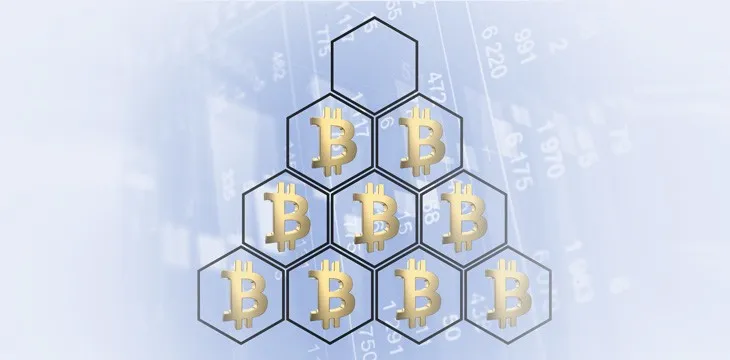|
Getting your Trinity Audio player ready...
|
Ponzi schemes are not a new concept to the world, but they’ve become supercharged with the explosion of digital currencies in recent years. There have been dozens of prominent scams, responsible for billions stolen from investors; but perhaps no Ponzi scheme has been as devastating as OneCoin, which continues to produce incredible new revelations after years of investigation.
But first, what is a Ponzi scheme? While the practice pre-dates him by quite a bit, the man who popularized this type of scam was Charles Ponzi, a man who promised investors large returns on their investment in postage coupon arbitrage. He would use money from newcomers to pay out older investors. In a year, investors had lost $20 million, or $254 million when adjusted for inflation.
That same model, of selling promises to easy marks looking to make a quick buck, has been replicated several times in the crypto world. A famous example has been BitConnect, which offered its own currency and lending platform, promising investors guaranteed returns, and bonuses if they brought in other investors. When state regulators began looking into their business model, they quickly closed up shop, leaving investors furious. They continue to face FBI investigation for their scam, with leaders of the company getting arrested for their efforts. In total, investigators estimate as much as $3.5 billion in investments were lost.
But the biggest known crypto Ponzi scheme of all has been OneCoin. Started by Dr. Ruja Ignatova in 2014, OneCoin was promoted as an anonymous, decentralized and borderless digital currency that would take over the world. Sounds a lot like some other digital currencies, but the company’s practices go a long way toward proving it was a Ponzi scheme.
OneCoin sold recruitment packages, encouraging investors to bring in other investors with get rich quick promises. This networking effect, common in Ponzi schemes, created commissions for early investors and drained newcomers of all their funds. In one case, a New Zealand church helped spread the con, bringing in big investments from its loyal flock.
Although crypto had not yet hit its peak late 2017 prices, law enforcement could plainly see what was going on, with several countries cracking down on the activity to protect their own citizens. In January 2017, a year before speculation in the crypto market would bring the entire market crashing down, OneCoin had already cut off withdrawals, with Ruja Ignatova disappearing soon after.
Just like with Bitconnect, there have been many investigations and prosecutions in the story of OneCoin. Each leader of the company that could be found has had to face the law in one manner or another. Up until recently, it was listed as the biggest crypto Ponzi scheme of all time, with $4 billion taken from investors. The most recent reports indicate the scam might have been much bigger than that, with new estimates suggesting a figure three to four times larger.
As it always is with investment scams, if it sounds too good to be true, it probably is. What OneCoin, Bitconnect, and other crypto scams have in common with Charles Ponzi’s scheme is that they offered nothing of value, promised guaranteed life changing wealth, and brought everyone involved nothing but ruin in the end. There are still scams out there, so beware; don’t be the next sucker.

 06-30-2025
06-30-2025 





